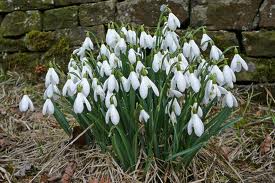 I saw snowdrops today, spread with abandon across a friend’s yard. Flowers! Spring, rumored to be coming soon, is on the way. After this relentless winter, flowers atop green stems are a welcome sight. Forsythia has not yet bloomed, so, according to my grandmother, we have at least three more snows to go, but I don’t mind. Today’s snowdrops were a seal on the promise of warmer days ahead. “Have a little faith,” they seemed to say. “Remember other years. Spring always comes.”
I saw snowdrops today, spread with abandon across a friend’s yard. Flowers! Spring, rumored to be coming soon, is on the way. After this relentless winter, flowers atop green stems are a welcome sight. Forsythia has not yet bloomed, so, according to my grandmother, we have at least three more snows to go, but I don’t mind. Today’s snowdrops were a seal on the promise of warmer days ahead. “Have a little faith,” they seemed to say. “Remember other years. Spring always comes.”
Of course it has. Millennium after millennium spring has followed winter. We all know that. But sometimes, in the midst of cold and biting winds, we allow ourselves to wonder, perhaps not if spring will come, but when. We grow tired of waiting. A warm day here and there in the past few weeks has been a tease and makes the cold even colder.
“It’s not below zero,” my daughter said a couple of days ago. “We’ve had days much colder than this. Why does it feel SO bitterly cold today?”
Perhaps it has to do with expectation. With having had a taste. A glimpse. The sun is out. The day before saw the temperature reach 50, and we mistook the moment for an announcement that winter was over.
I think of the three who went with Jesus up the high mountain and saw him transfigured before their eyes. There was their friend, their teacher, in all his glory. Peter was ready to build tents, ready to stay. “The wait is over,” he may have said to himself. “No more parables and hardships, and mystery or trying to figure out what Jesus is saying.” The struggles and dilemmas were coming to an end. The good times had arrived and he, for one, would be happy to settle in and enjoy.
Alas, not so. It was a glimpse, and then it was gone. There were more roads to walk. More mystery to embrace. More suffering. I wonder if, during those long days between Jesus’ death and resurrection, if Peter remembered how Jesus looked that day. If he had, would it have given him hope? Or maybe the days were so dark that he could not remember the glory he saw or trust that it could not be snuffed out even by death. Maybe having seen Jesus’ glorified self made the experience of those three days more bitter. Peter had seen what could have been but was no longer.
Like experiencing spring following winter year after year, we have the advantage of knowing that resurrection followed Jesus’ death. Yet, in the midst of our own spiritual winters or the groaning of our world struggling with countless injustice and atrocities, we can forget. “Where is God?” we wonder and perhaps doubt the Holy One is still around.
Our lives seem impossible, too difficult, too complicated, too messed up, to be good again.
Today’s snowdrops remind me that the glimpse of glory does not lie. God is present. Resurrection follows death. The wind will not always feel so bitterly cold.

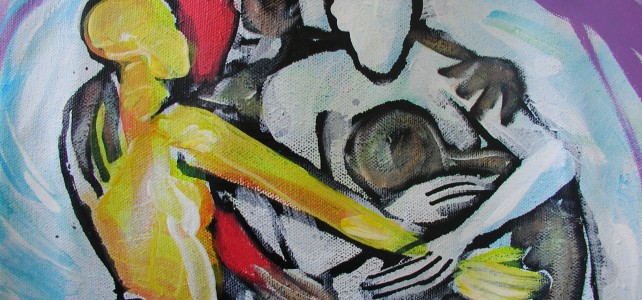
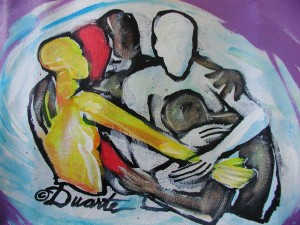
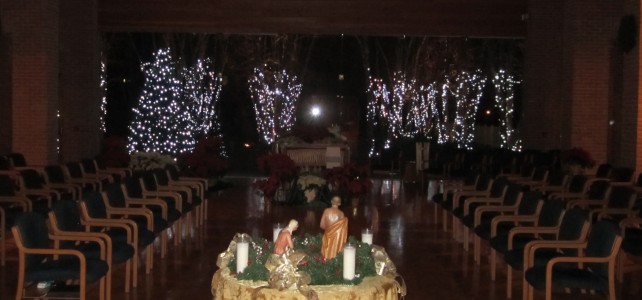
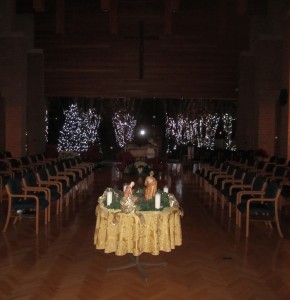
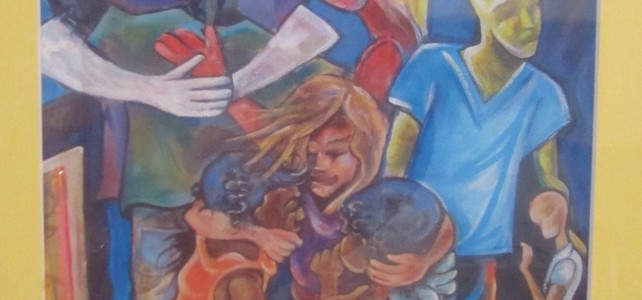
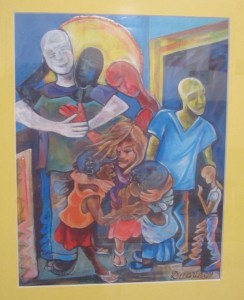
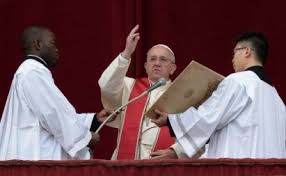
 Pope Francis addressed the “City and the World” today in the traditional Urbi et Orbi message as thousands gathered to here him and receive the Christmas blessing. (read it
Pope Francis addressed the “City and the World” today in the traditional Urbi et Orbi message as thousands gathered to here him and receive the Christmas blessing. (read it 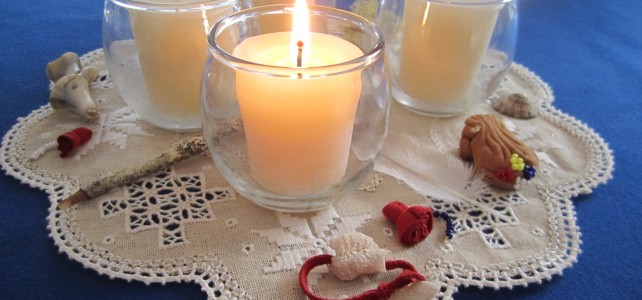
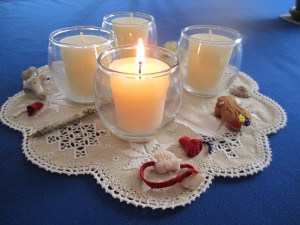

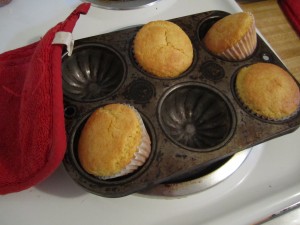 I was trying to sit quietly, to be aware of the Holy Presence within and without. The beeswax candle was burning. Scripture was waiting to be savored. And corn muffins were baking in the oven.
I was trying to sit quietly, to be aware of the Holy Presence within and without. The beeswax candle was burning. Scripture was waiting to be savored. And corn muffins were baking in the oven.